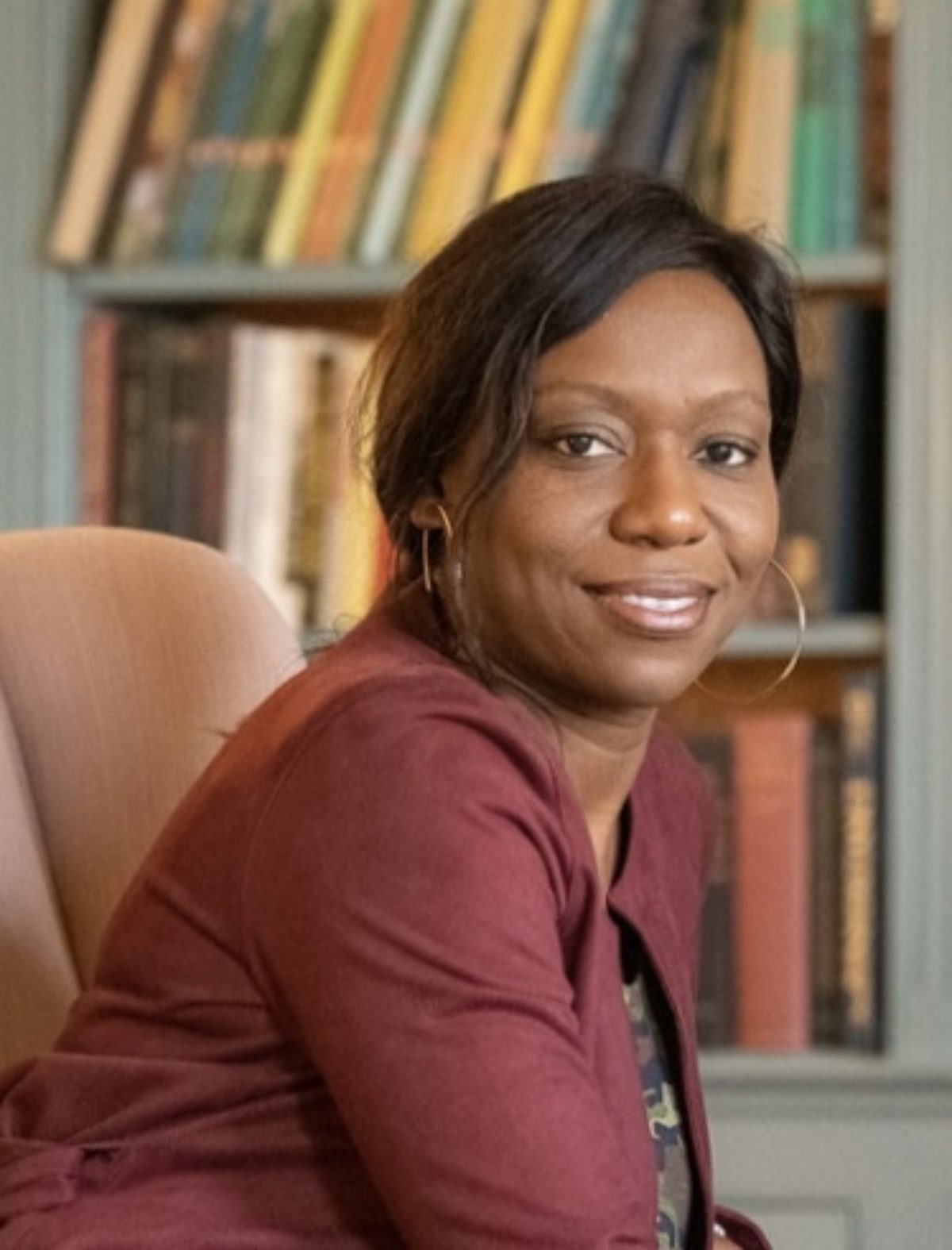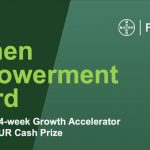Conversation with Marieme Esther Dassanou, Coordinator of the African Development Bank’s Affirmative Finance Action for Women in Africa programme
Marieme Esther Dassanou is the Coordinator of Affirmative Finance Action for Women in Africa (AFAWA) the African Development Bank’s flagship pan-African initiative, which aims to bridge the $42 billion financing gap facing women entrepreneurs in Africa.
She previously led IFC’s Gender Secretariat’s work on advancing women’s inclusion in the insurance and financial sectors.
In this interview, she outlines progress made with the AFAWA initiative and its future plans.
You recently joined the African Development Bank as AFAWA coordinator. Can you tell us more about the initiative?
AFAWA is a pan-African initiative launched by the African Development Bank at its Annual Meeting in Lusaka, Zambia in May 2016 to promote gender-inclusive financing and unlock the women entrepreneurship potential in Africa. Through AFAWA, the Bank seeks to bridge the $42 billion financing gap faced by women-empowered businesses (WEBs) by deploying financing instruments better suited to addressing their finance needs for the growth of their businesses.
These financial instruments are coupled with technical assistance to financial institutions to better address the needs of WEBs as well as capacity building for women entrepreneurs to increase their profitability and bankability. AFAWA also includes a business-enabling environment component to ensure regulation is conducive to enhancing the ability of financial institutions to lend to women. Through AFAWA the Bank aims to unlock up to $ 5 billion in the next five to six years.
Why is it important for the Bank to have such a vehicle or mechanism in place?
The development and growth of women-owned businesses on the continent is a priority for the African Development Bank. The continent’s women entrepreneurs start businesses faster than anywhere else in the world, and in most countries represent at least 30% of formally registered businesses. Taking into account the informal economy, one could comfortably say that women represent the largest part of the SME sector. Thus, aiming to develop our continent without them would not make economic sense. They are fundamental and key drivers of sustainable economic growth and widespread and inclusive prosperity.
It is important to support these businesses to grow by ensuring they have the financial and business tools they need. AFAWA, through its Guarantee for Growth programme, supported by the G7, the Netherlands, Sweden and Rwanda, is a good starting point. Implemented together with the Africa Guarantee Fund, the programme reduces the guarantee requirements for women when they need a loan. AGF is a pan-African financial institution that provides financial institutions with guarantees and other products specifically intended to support small and medium-sized enterprises in Africa. Together, we will work with financial institutions to enhance their understanding of women entrepreneurs and their different risks, which should be considered in the development of financial services for women.
The Bank is also further leveraging its lines of credit, trade finance lines and investment in equity funds to increase access to finance for WEBs of a certain size even more. The partnership signed with the Women Entrepreneurship Finance Initiative (We-Fi) supports the Bank in increasing it financial coverage for women entrepreneurs through these traditional instruments, as well as increase trading opportunities for women entrepreneurs and grow the fashion and creative industries.
What are the commitments so far?
The program has so far received commitments from G7 members, including France, the UK, Canada, Italy and Germany, as well as the Netherlands, Sweden and Rwanda. AFAWA has also received its first tranche of funding from We-Fi , a portion of which will go towards enhancing to the capacity of women-owned businesses to respond to the COVID-19 crisis.
We invite other governments, especially our regional member countries, to partner with us in helping to bridge the finance gap for women-run businesses in Africa.
On the implementation front, what ground has been covered?
We’ve made great progress since the G7 Biarritz Summit last year. On 31 March 2020, the Board of Directors of the African Development Bank approved the two mechanisms that will enable us to de-risk women-led businesses and increase their ability to access to loans with lighter collateral requirements. We’ve been slightly delayed by COVID-19, but we expect that the Guarantee for Growth Programme will be operational before the end of 2020.
In the meantime, we are leveraging the Bank’s lines of credit, trade finance and equity funds to enable women to access funds and grow their businesses. The Bank is also ensuring that the SME component of its COVID-19 Rapid Response Facility (CRF) package, has a part specifically dedicated to women businesses. The Bank is also exploring opportunities to work with equity funds in enhancing the ability of women enterprises to further participate in the COVID-19 response to increase their operations and production.
Who is eligible to borrow?
It’s not only about borrowing. The access to finance gap is in part due to the inability of women-owned and led businesses to access funding, their lack of skills in presenting financially viable businesses, and an environment that is not always conducive to increasing women’s access to financial services. The AFAWA approach addresses all these areas. Thus, depending on their needs, women entrepreneurs will be eligible at different levels including access to finance for those with viable and bankable projects and also access to training and capacity building for those who may not yet be eligible to borrow but could improve their financial management skills, record keeping, marketing and any other area to enhance their bankability.
Distributed by APO Group on behalf of African Development Bank Group (AfDB).








